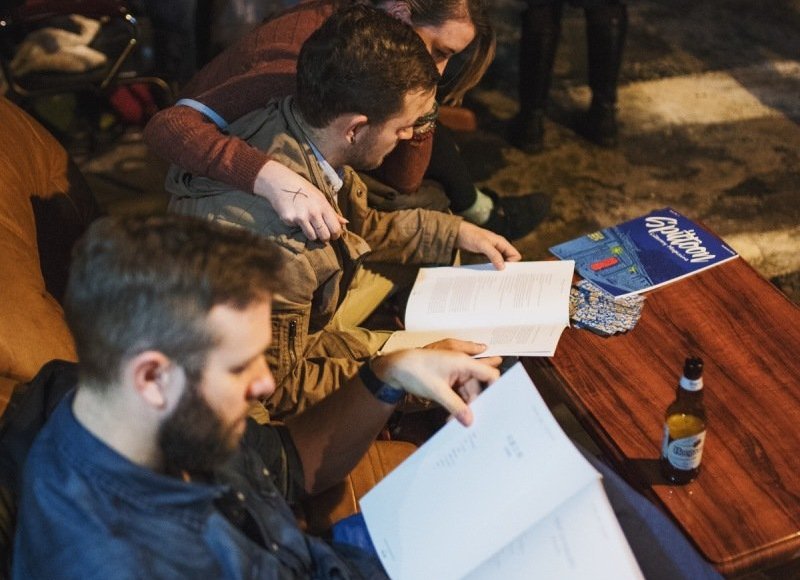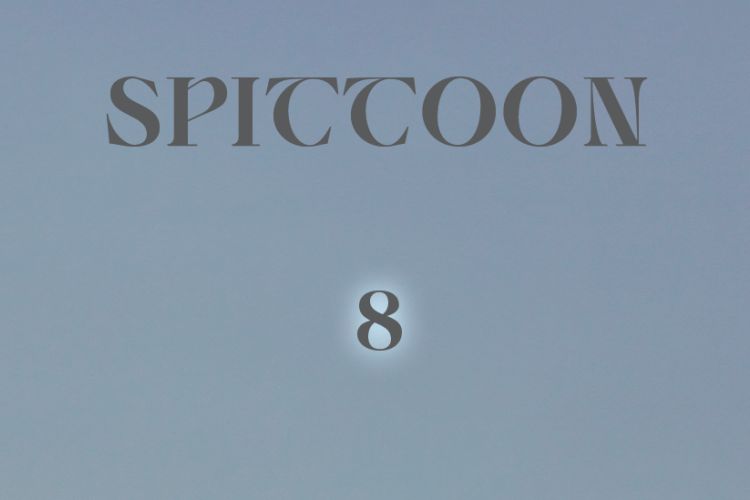First it was bands of rival standup comedians... then it was rival craft beers. Now its rival literature mobs. Beijing has reached Peak Hipster
Great Expectorations for 'Spittoon,' Beijing's Newest Literary Magazine
Over 200 people attended the launch of Beijing’s newest literary magazine on Saturday, November 12. Spittoon shares its name with the popular poetry and fiction nights out of which it developed, and we asked Managing Editor Matthew Byrne what this word means to him.
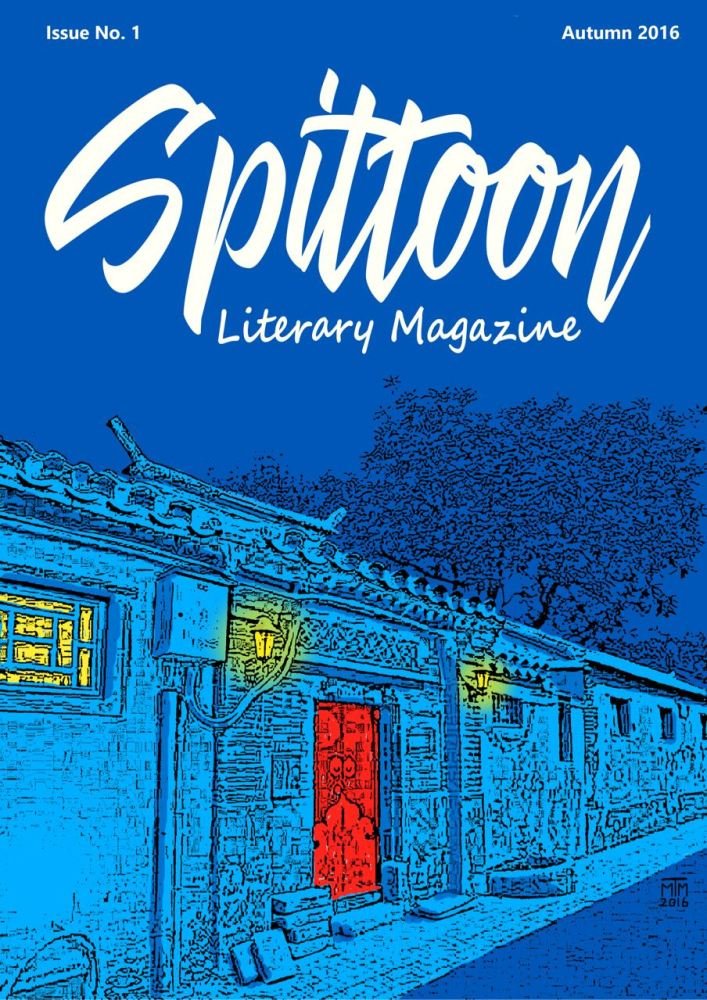
“The name Spittoon simply sprang up in my mind along time ago at a poetry night in Manchester,” he told us. “'Don't you reckon Spittoon would be a good name for a poetry night ...' Now to me it stands in the middle of a balance between the vulgarity of the name and the beautiful content we enjoy in our reading nights and in the magazine. It seems to me to abstractly capture the damaged beauty of a hutong for example, or an urban scene of some kind.”
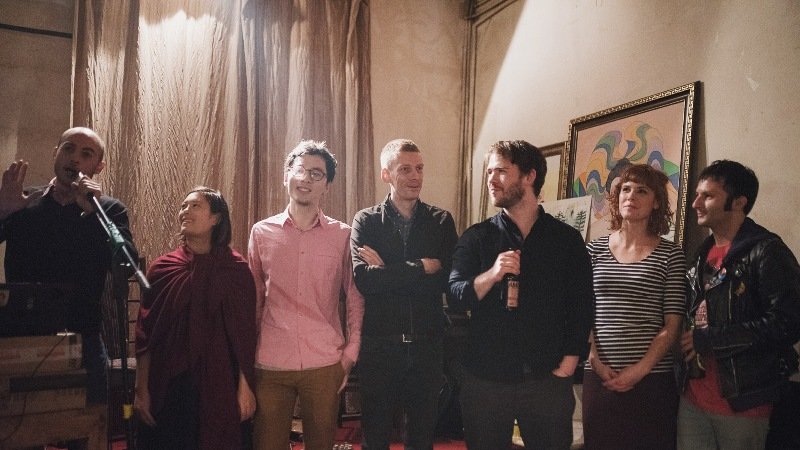
A hutong scene adorns the cover of Spittoon Issue 1, a handsomely presented, A4-sized magazine. The poetry and short fiction within reflects the diversity of Beijing’s international community, and includes Chinese language poetry from distinguished writers, with parallel translations in English. Shen Haobo, sensitively translated by Chen Bo, brings the deceptive simplicity of traditional Chinese poetry to contemporary settings:
a snail
crawling slowly
a motorcycle coming towards you
through its roaring
you can still hear
a single
crack
Chen Bo’s own writing shares this lapidary style; in “The Importance of Breakfast,” oatmeal becomes a wry metaphor for friendship. Fiction Editor Chris Warren’s “Solipsist in a Bush” is characteristically recursive. It begins:
A man sits in a bush watching himself through the window of his house sitting at a desk writing a story about a man, like himself, watching a man sitting in a bush outside his house watching himself write a story ...
Unsurprisingly, much of the writing addresses life in contemporary China, for locals and expats, like Kassy Lee’s “The Year of the Untranslatable Animal”:
… I’m from San Diego.
The boy says that it sounds like
new toothpaste in Mandarin.
“A Family Matter” by Anna Sowley takes an unsparing look at the pressures of commercialism and family expectations which have accompanied social and economic change. In “Horses of the Ghost City,” David Tait responds to Liu Xiaodong’s paintings of the construction of a new town in Inner Mongolia. And Heys Wolfenden’s “Cockle Pickers” poignantly remembers the 21 Chinese migrant laborers who drowned in England’s Morecambe Bay in 2004 while collecting shellfish.
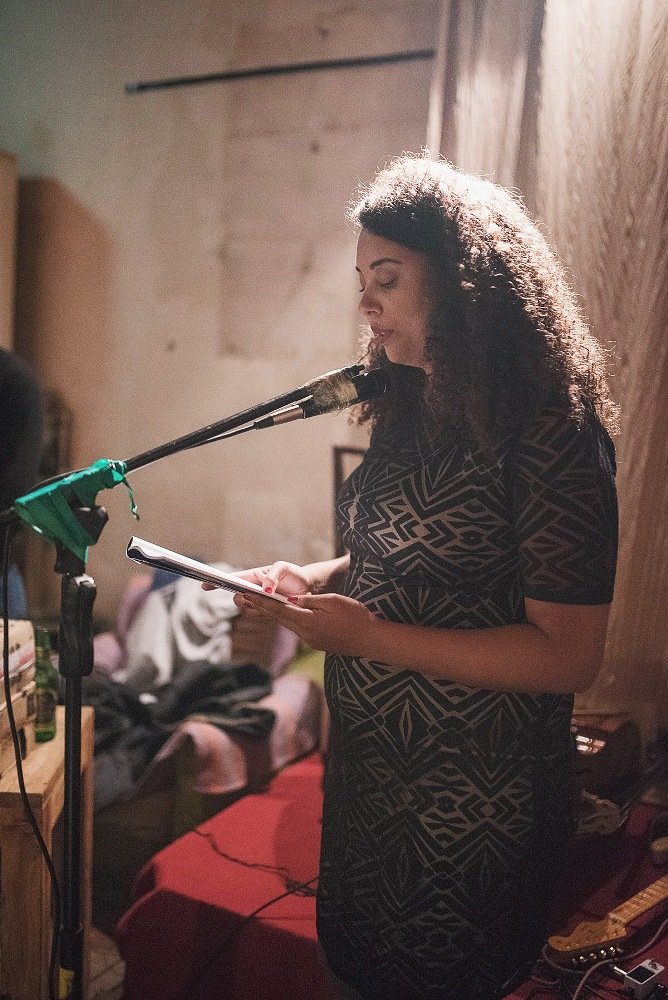
Not all the pieces are geographically specific though. In “My Grandpa Wakes Up In A Time Machine,” Jenny Tang confronts dementia with compassion and humor. Deva Eveland provides slyly unsettling speculative fiction, not only in short story “The Red Road” but also in his hilarious author biography.
The magazine costs a modest RMB 30, and can be purchased from The Bookworm in Sanlitun, North Capital bar in Beixinqiao, or at either of the regular Spittoon events: the fiction night at The Other Place on Beiluogu Xiang (second Thursday of the month), or the poetry night at Ball House next to the bell tower in Gulou (last Thursday of every month).
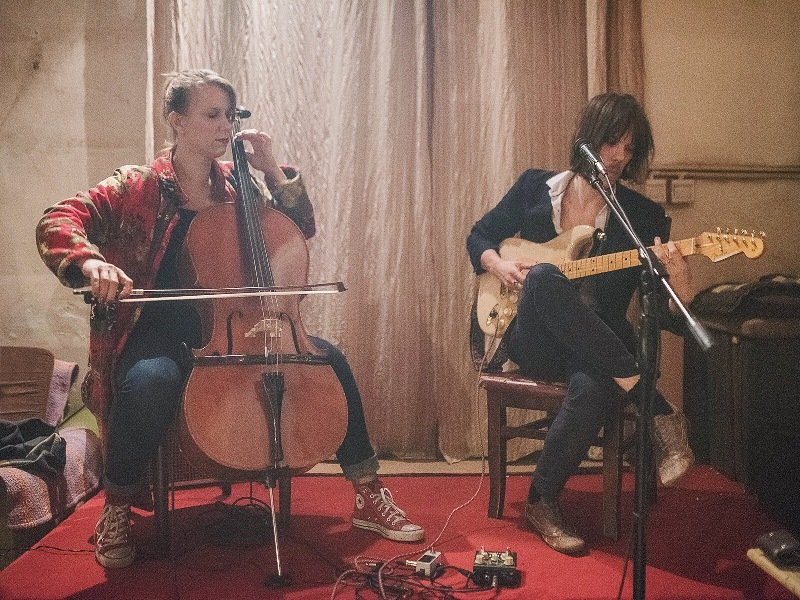
Byrne told us that he has big plans for the future of Spittoon.
“The magazine will be twice a year. We want the next issue to have more of an annual feel – thicker, more substantial. The more time we have the longer we can spend on quality with submission and with design. We will also expand our distribution network nationally which will allow us to broaden our submission base.”
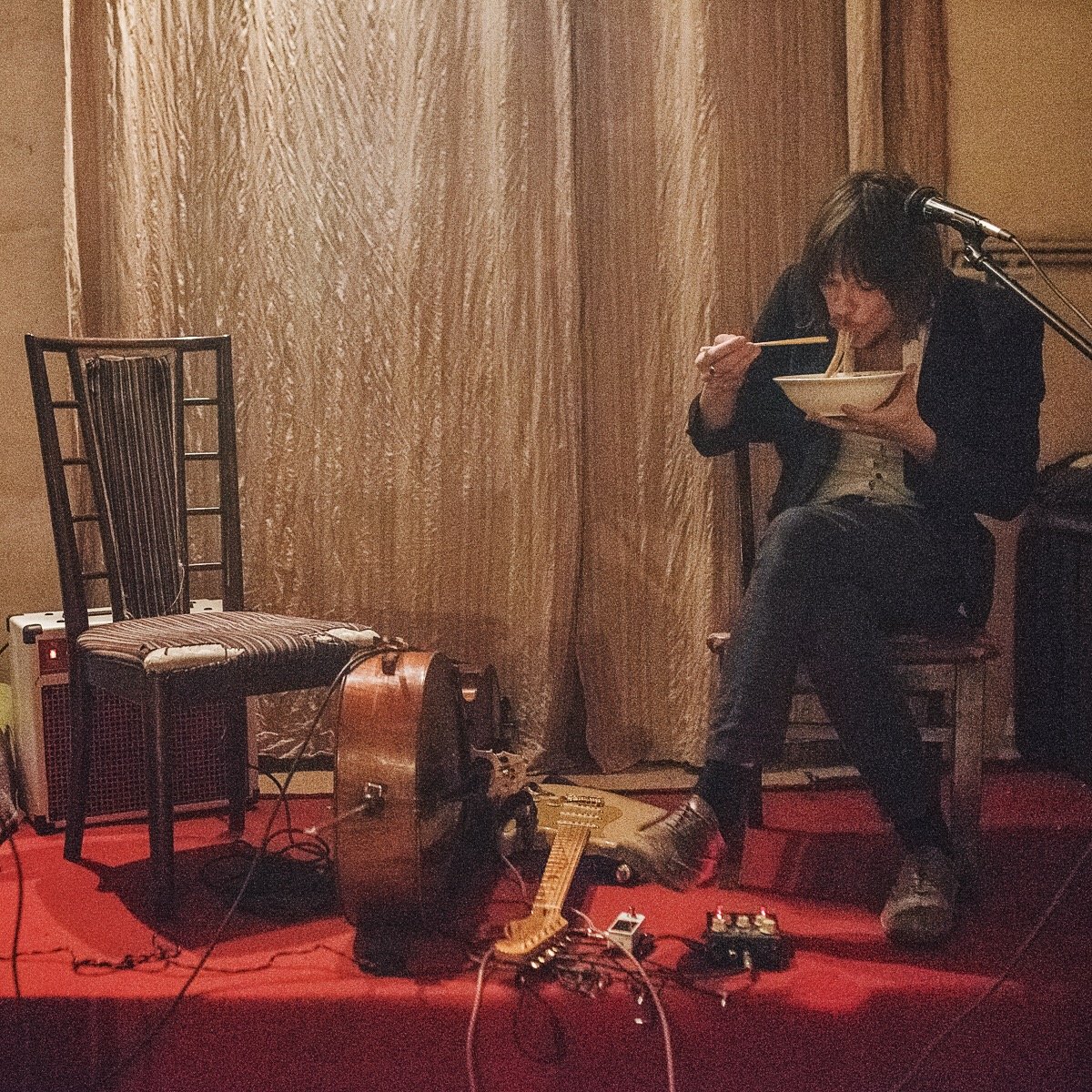
Despite the recent postponement of The Bookworm Literary Festival, the success of Spittoon demonstrates that the English-language literary scene is still very much alive and buzzing in Beijing.
Photos courtesy Paul Peng of North Capital, Spittoon

